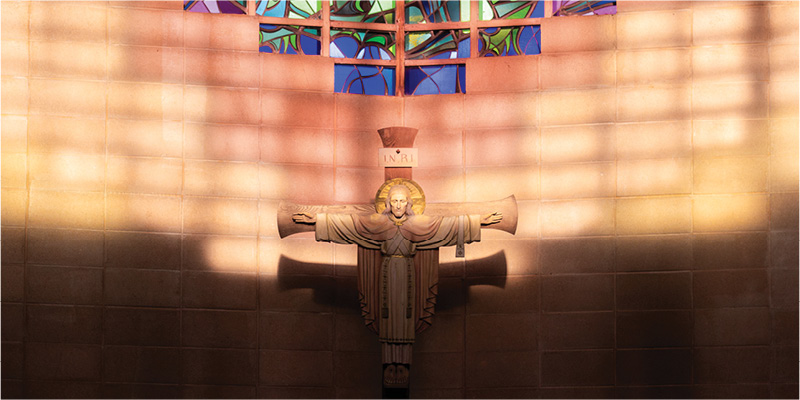In a recent interview, music legend Quincy Jones spoke candidly about a wide-range of topics, including what he sees as “the problem with modern pop.” When asked why he thinks songs are not as good as they used to be, Jones replied, “Producers now are ignoring all the musical principles of the previous generations . . . That’s not the way it works: You’re supposed to use everything from the past. If you know where you come from, it’s easier to get where you’re going.” (Marchese, Vulture)
To my mind, Quincy Jones’ musical insight can double as an unwitting description of the orthodox Christian faith.
A standard definition of the word orthodox is, “conforming to what is generally or traditionally accepted as right or true; established and approved.” The word itself derives from the Greek: orthos which translates as “right, true, straight”, and doxa which translates as “opinion, praise”. Together they form the religious context of the word orthodox: “right belief” or “right worship”.
For added context, juxtaposed to the word orthodox are the Greek words heterodox and heresy. The former means “of another or different opinion”, and the latter “a taking or choosing for oneself doctrine or opinion at variance with established standards.”
At the heart of Christian orthodoxy is the nature of the Holy Trinity and the identity of Our Lord Jesus Christ as both God and man. This is the faith revealed by the Holy Spirit to the apostles, and passed down through every generation of the church to this day.
Author Frederica Matthewes-Green writes, “Orthodox believers are right, left, and center on many issues. But where Scripture and the witness of the early Church guide us, there is no controversy. We uphold and obey God’s will.”
The orthodox Christian faith is not something that can be recreated, modified, or even destroyed. It can be rejected or it can be received in humility, celebrated, treasured, guarded, preserved, and handed down to the next generation.
The temptation of the church today is similar to that of the 21st century music makers – indiscriminately ignoring the principles of former faithful generations. While orthodox Christian belief is filled with many rich mysteries, there is no mystery as to its composition. It is there in plain view, to be known. Rather than abandon the ancient faith, the perennial challenge of the church is one of translation: how can the church translate the immutable substance of the faith within a rapidly changing culture?
May God in His grace aid us in a deeper understanding of where we have come from, that the road ahead may remain clear.
Written by Fr. Doran Stambaugh, Rector, and published in the 2018 Spring Messenger.

